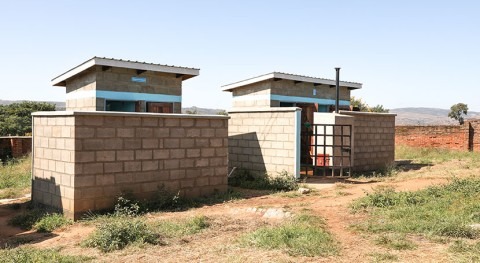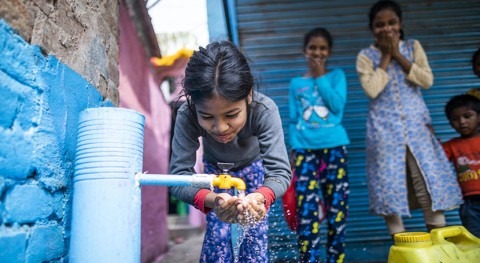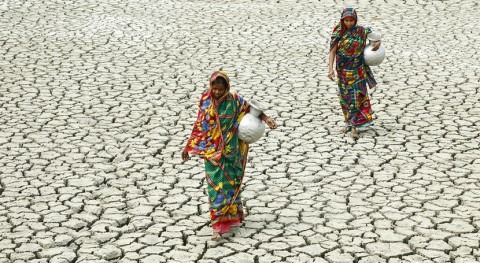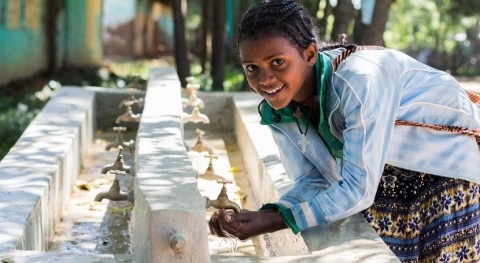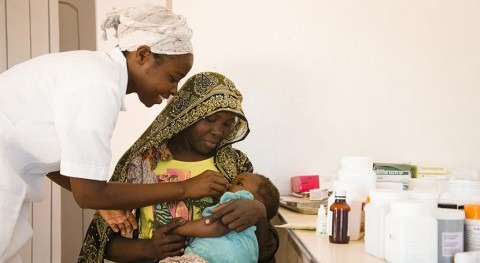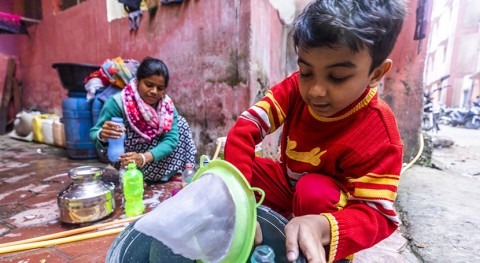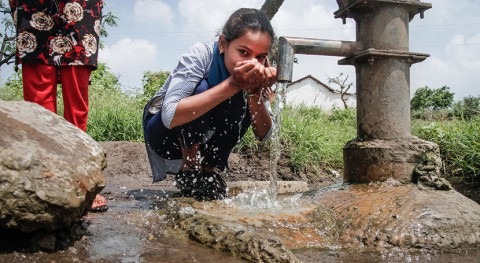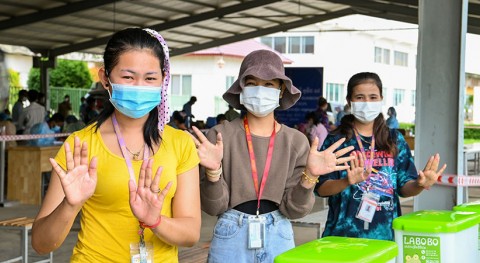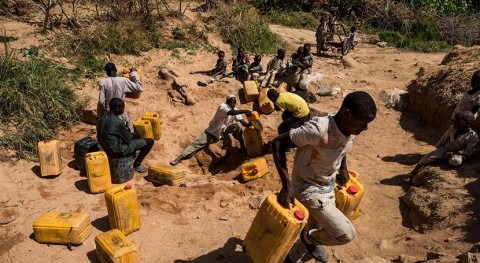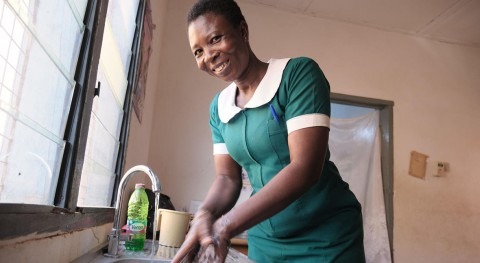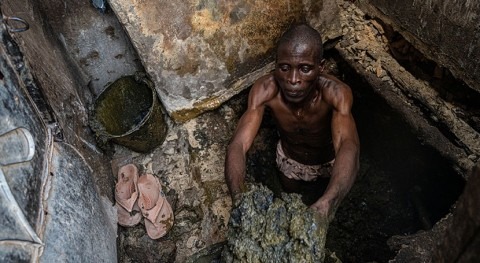Currently, one in three women and girls live without a decent toilet and it is estimated that 335 million girls go to school without water and soap available for washing their hands or clothes when changing sanitary pads. Across sub-Saharan Africa, Asia and South America many girls report feeling fear, shame and embarrassment due to the lack of information, support and facilities to manage their menstruation in school.
Ahead of the largest global event on gender equality, Women Deliver, held in Vancouver, Canada, WaterAid and partners are publishing a new report, ‘A shared agenda: Exploring the links between water, sanitation, hygiene and sexual and reproductive health and rights in sustainable development’ (link live from 31 May). The paper draws attention to how this lack of access to WASH undermines the already disproportionate challenges faced by women and girls to realize their sexual and reproductive health and rights.
In the report, WaterAid highlights how improving access to WASH is vital in realizing women’s sexual and reproductive health and rights. The international organization is calling on governments to integrate national SRHR and WASH policies and guidelines and to incorporate minimum standards so that women and girls can thrive and gender inequality reduces.
During Women Deliver, which begins on 3 June, WaterAid will highlight the ways in which lack of access to water, sanitation and hygiene compromises the health and rights of women and girls. One in six health care facilities globally do not have a place to wash hands with soap and water. Unhygienic conditions in healthcare facilities leaves women and newborns susceptible to fatal infections and, without decent toilets, women and girls are unable to manage their menstrual period privately and hygienically.
Mariame Dem, WaterAid Regional Director for West Africa, said: “Women’s and girls’ autonomy, dignity and equality will not be realized without access to clean water, decent sanitation and good hygiene. WaterAid is calling on governments, the corporate sector, and civil society to prioritize making these accessible to all women and girls, no matter where they live."
A promise was made to the world’s population under Sustainable Development Goal 6 that everyone, everywhere would have clean water and toilets by 2030. We need everyone, especially governments, to step up and take action now so that this goal can be reached.”

WaterAid representatives will be pushing for action at Women Deliver this week through a number of events including:
- Interactive panel discussion: WASH, Gender, and Power: Realizing Women’s and Girls’ Health and Rights through Access to Water, Sanitation, and Hygiene - panel including Mercy Masoo, Country Director, WaterAid Malawi and Joshua Briemberg, WaterAid Regional Director for Latin America
- Power Stage talk: Advocating for Change: Providing Tax-Free Sanitary Towels in Tanzania - Jane Sembuche Mselle, Country Director, WaterAid Uganda
- Concurrent session: Energy and Water: Essential Ingredients for Women's Equality and Achieving the SDGs - WaterAid and Sustainable Energy for All
The development of this paper was led by WaterAid and was co-authored by International Planned Parenthood Federation (IPPF); International Women’s Health Coalition (IWHC); and Marie Stopes International (MSI).




